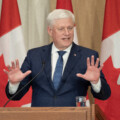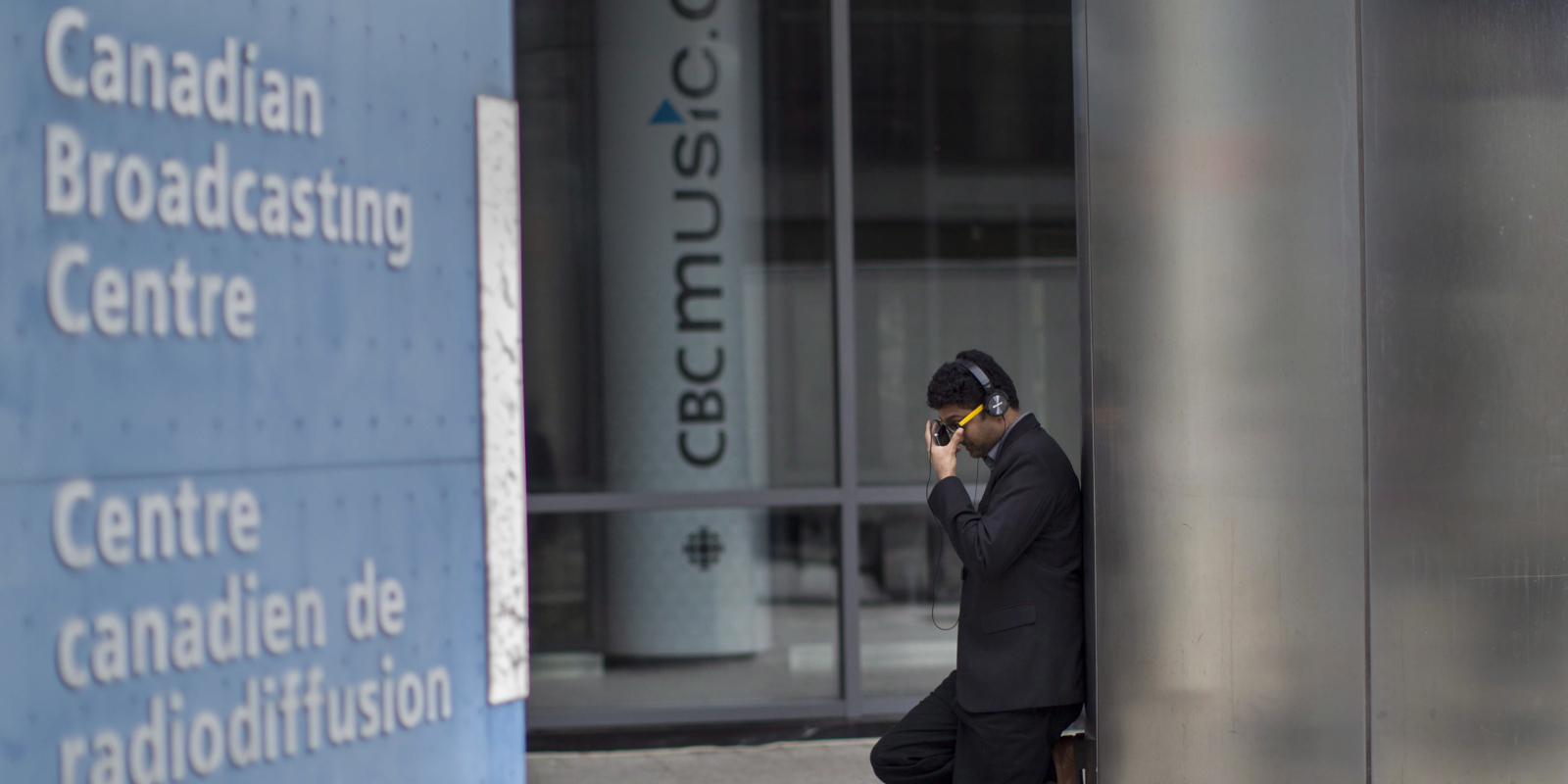Canada needs some kind of public broadcaster, but the CBC isn’t currently doing a good job filling that role, a panel of experts agreed on Wednesday.
With competition from streaming services, a quickly-changing broadcast and news landscape, and diminished trust in the public broadcaster, the future of the CBC is as murky as ever.
On top of all that, Conservative leader Pierre Poilievre is leading a campaign to defund the CBC that has left the organization scrambling to respond.
The panel, hosted by the Macdonald-Laurier Institute and moderated by Aaron Wudrick, the director of the domestic policy program at MLI, explored the difficulties faced by the public broadcaster in winning back the trust of Canadians in a splintered media environment.
Tara Henley, a former CBC producer who now runs a popular Substack, said the CBC lost trust when Canadians started to see it as overly politicized.
“The most pressing issue for on-the-ground work at CBC where all of the editorial decisions are actually made is groupthink. And to that end, I do think there’s some merit to the criticism that CBC has a left-leaning bias, I think this dynamic, in my opinion, is both top-down from leadership and bottom-up from a workforce,” said Henley.
Henley argued that a public broadcaster is an important institution but that the CBC hasn’t lived up to its role and, consequently, the public has lost trust in it.
“I think it’s going to take some self-reflection and a refocusing on viewpoint diversity in both hiring and in coverage,” she said.
Globe and Mail columnist Andrew Coyne, who has long argued against the current model of the public broadcaster, said the government and executives at the CBC have to adapt to a changing world.
The CBC was created in an era of broad programming that was designed to provide advertisers with the largest possible audience. Now, in a world of streaming and niche programming that broadcasters can charge for, it doesn’t necessarily make sense, he argued.
“You could make a case for the CBC and regulation in that world. But none of those conditions now apply,” said Coyne.
Coyne argued for a version of the CBC that would charge its audience directly for content, similar to streaming services and a recently-announced plan from the BBC. The political attacks, Coyne argued, are just a distraction from the core issue.
“I’m really uncomfortable with the Conservatives saying ‘Well, the reason we need to defund the CBC is because they say mean things about us.’ That is not how we should be making important public policy decisions, based on basically vengeance,” said Coyne.
Peter Menzies, a senior fellow at MLI and former vice chair of the CRTC, argued that some version of a public broadcaster is vital in Canada.
“We need at least one broadcaster that will cover the Northwest Territories, Yukon, Nunavut, and Prince Edward Island elections instead of prioritizing American nomination races, and (a public broadcaster) that is capable of telling the nation’s stories to other parts of the nation, not so that we all agree with each other, but so that we know each other well enough not to hate each other when we do disagree,” said Menzies.
“We need in other words, a good public broadcaster. The problem is we don’t have one,” he said.

Poilievre made defunding the CBC a centrepiece of his leadership campaign, sparking raucous chants in support of the idea at his rallies across the country.
The Conservative leader hasn’t backed down from the promise since winning the leadership, but he has narrowed down his targets to the English-language side of the public broadcaster. Radio-Canada’s French services, Poilievre has hinted, would remain largely untouched.
Some experts think it would be extremely complicated to slash one side of the public broadcaster and not the other, though. Others argue that Poilievre’s plan wouldn’t save as much money as he expects, because Radio-Canada is more expensive than the English-language side.
The CBC has spent the last year responding to the assault from Poilievre. The public broadcaster’s CEO Catherine Tait launched a cross-country tour to promote the CBC and even accused Poilievre of “CBC-bashing,” which attracted criticism.
Menzies said executives at the CBC have to face up to the criticism, rather than assume it’s all conducted in bad faith.
“You have to deal with that. You can’t just pretend it doesn’t exist,” said Menzies. “But they seem so convinced of their own righteousness right now that I don’t see any evidence that it’s going to happen.”
Recommended for You

In defence of wealth and money this Lunar New Year

As the Tumbler Ridge shooting shows, overly cautious communication isn’t helping

The mainstream media failed Canadians during the Freedom Convoy

Heather Reisman on Canada’s illiteracy crisis: ‘I’ve never seen a problem so solvable’



